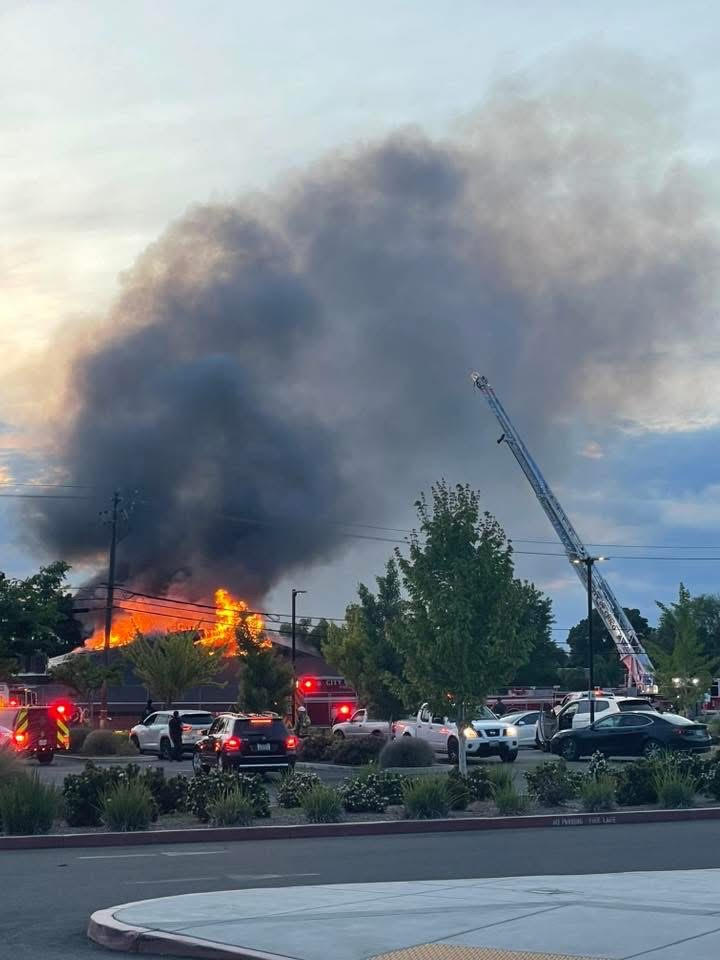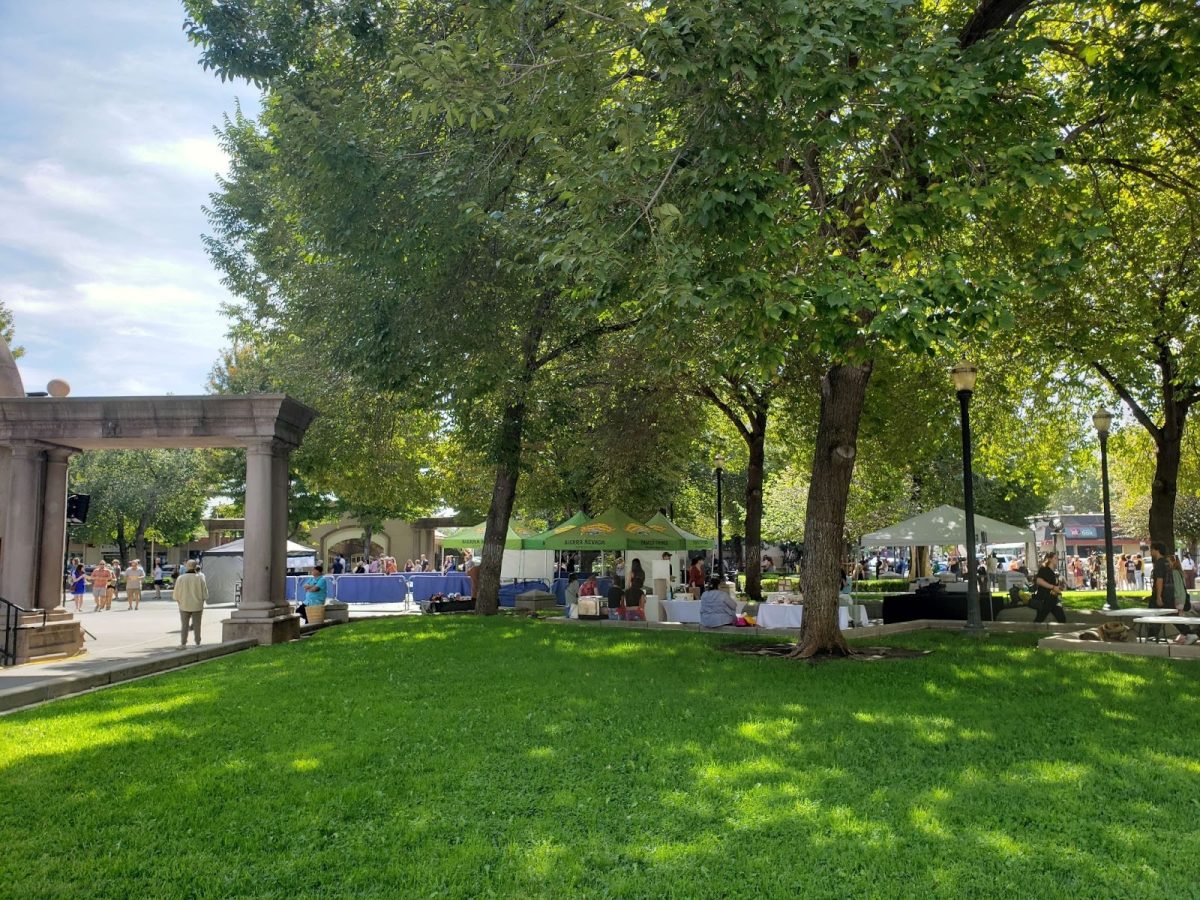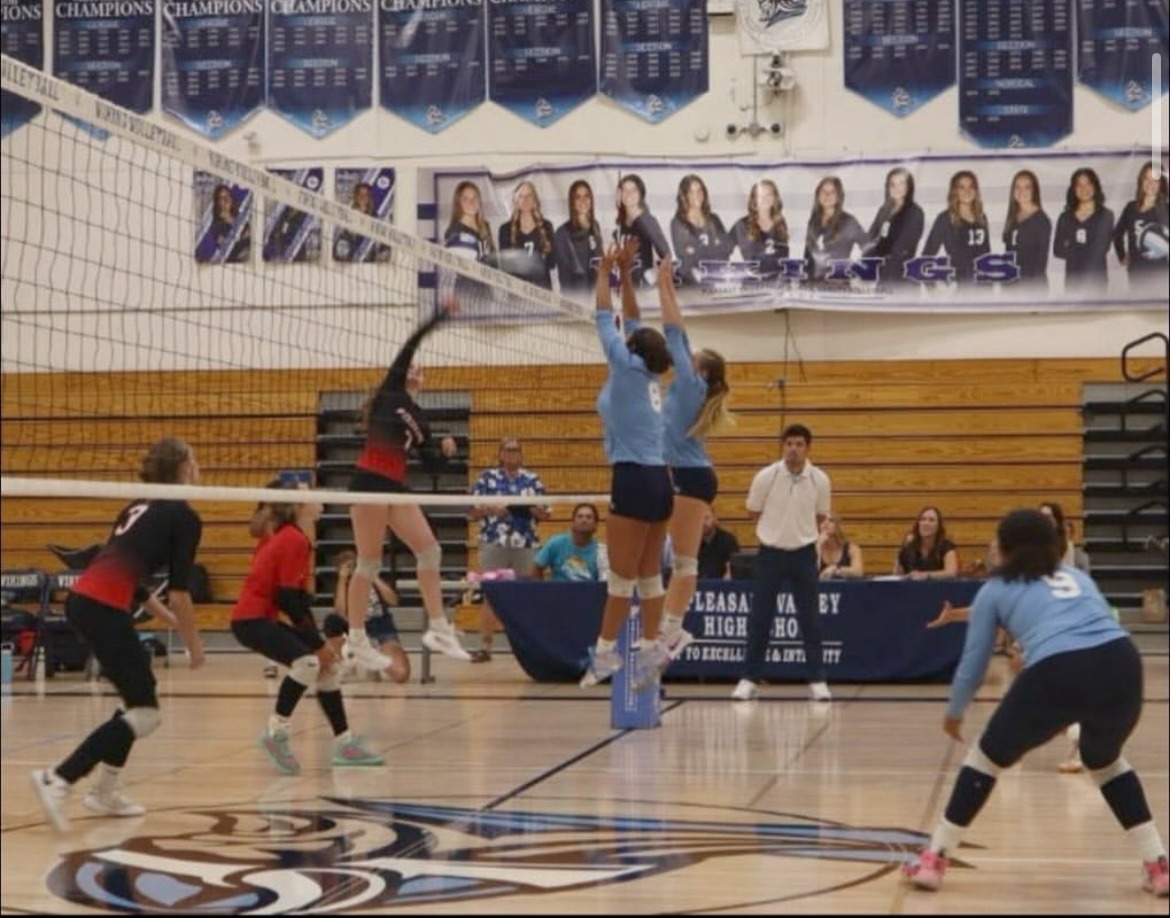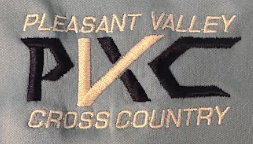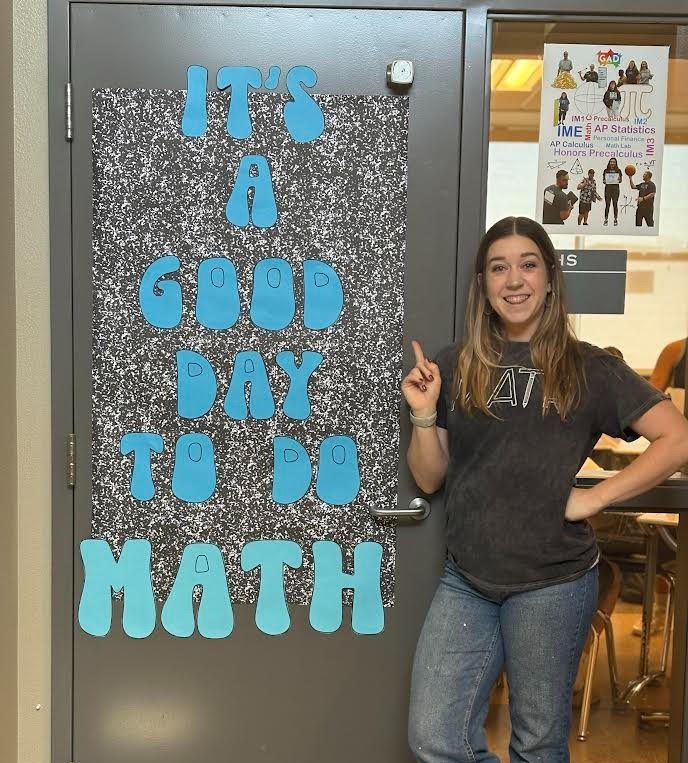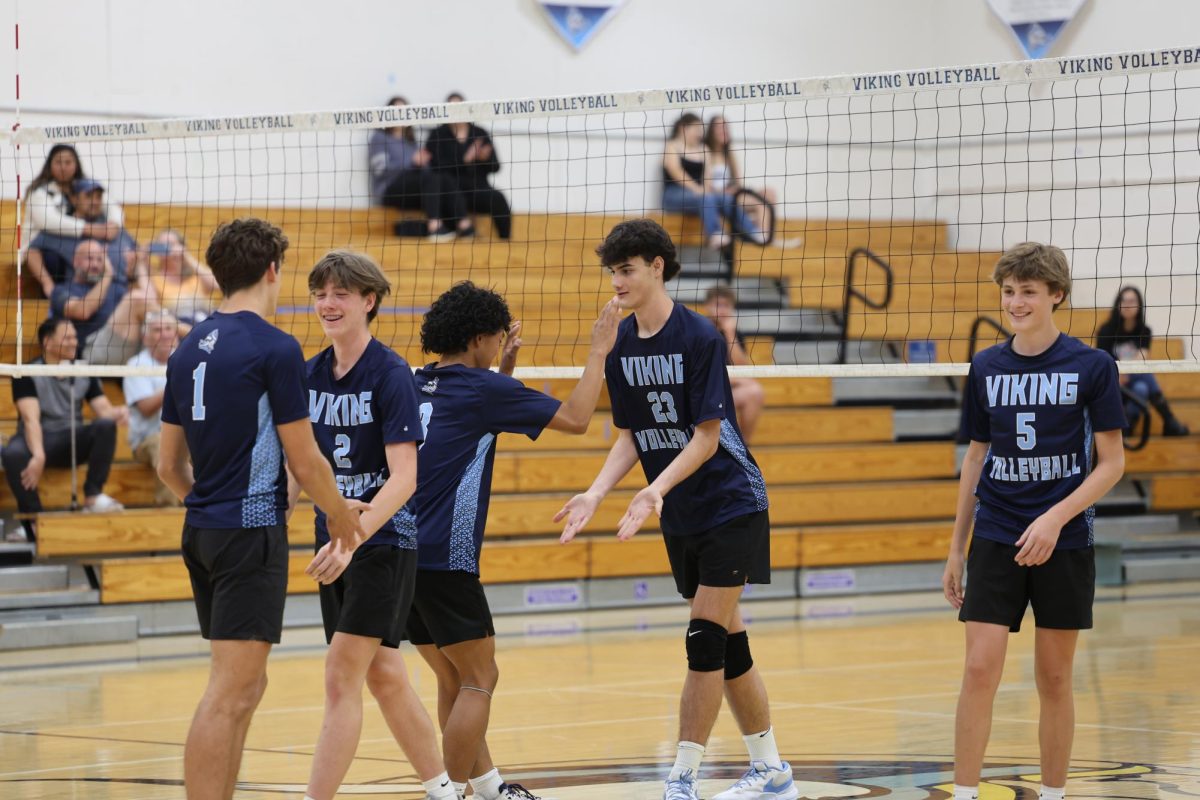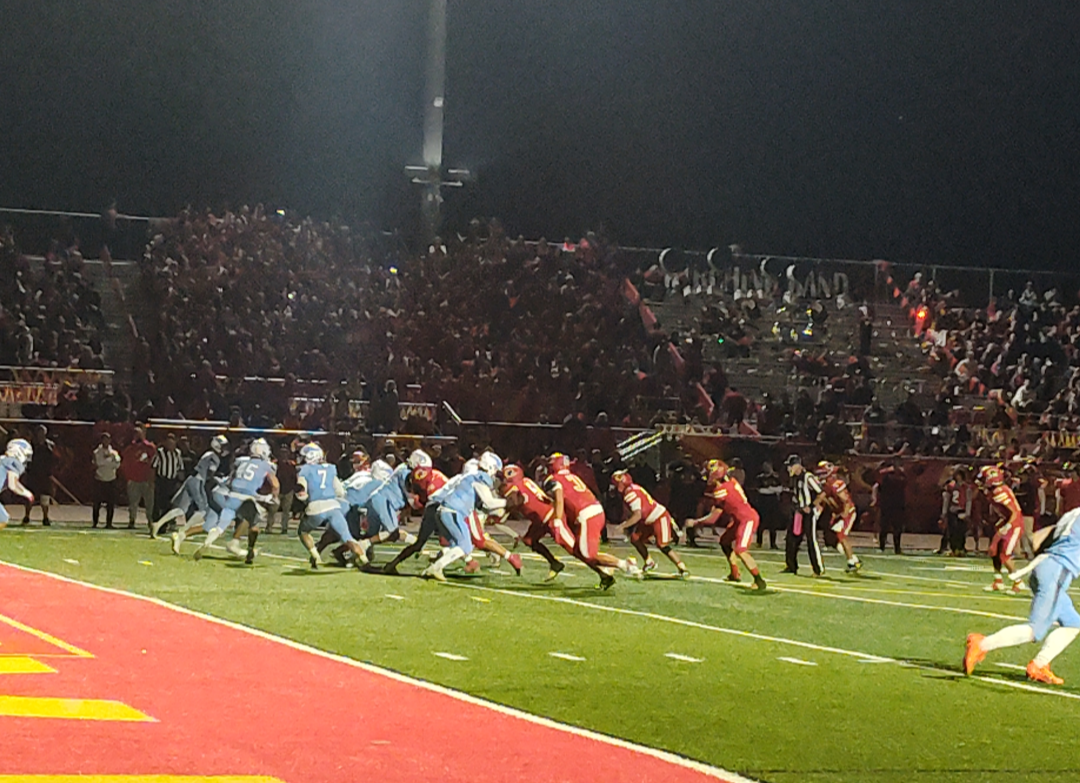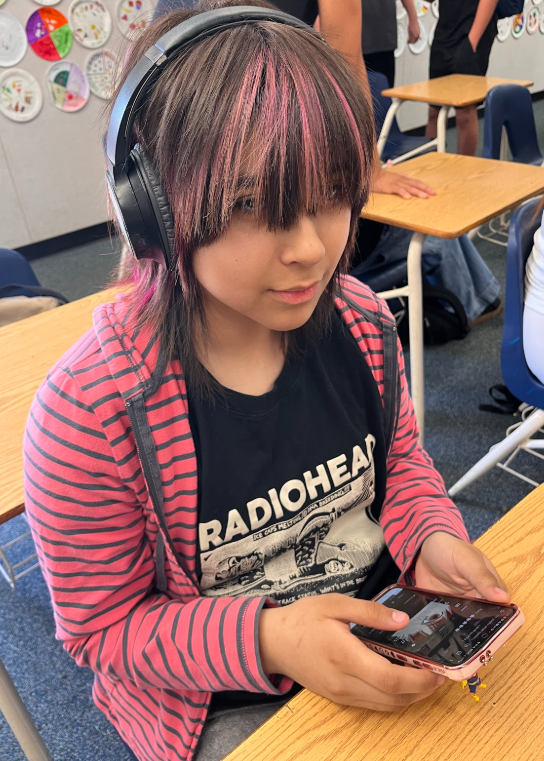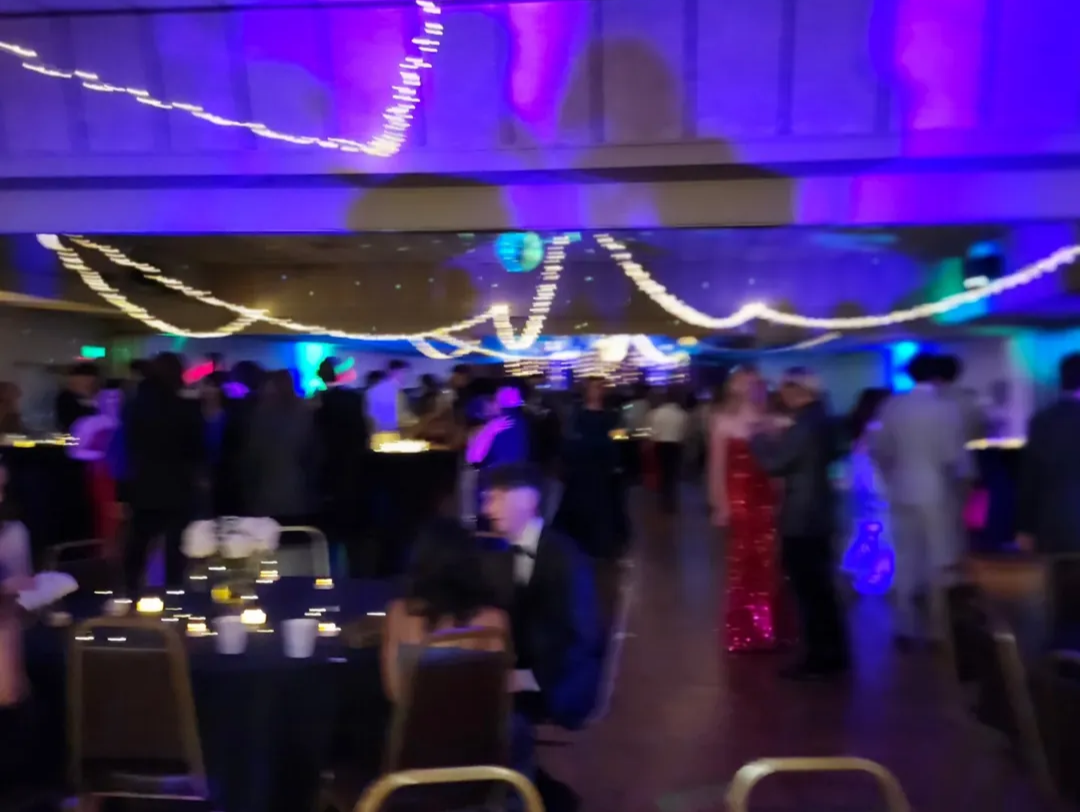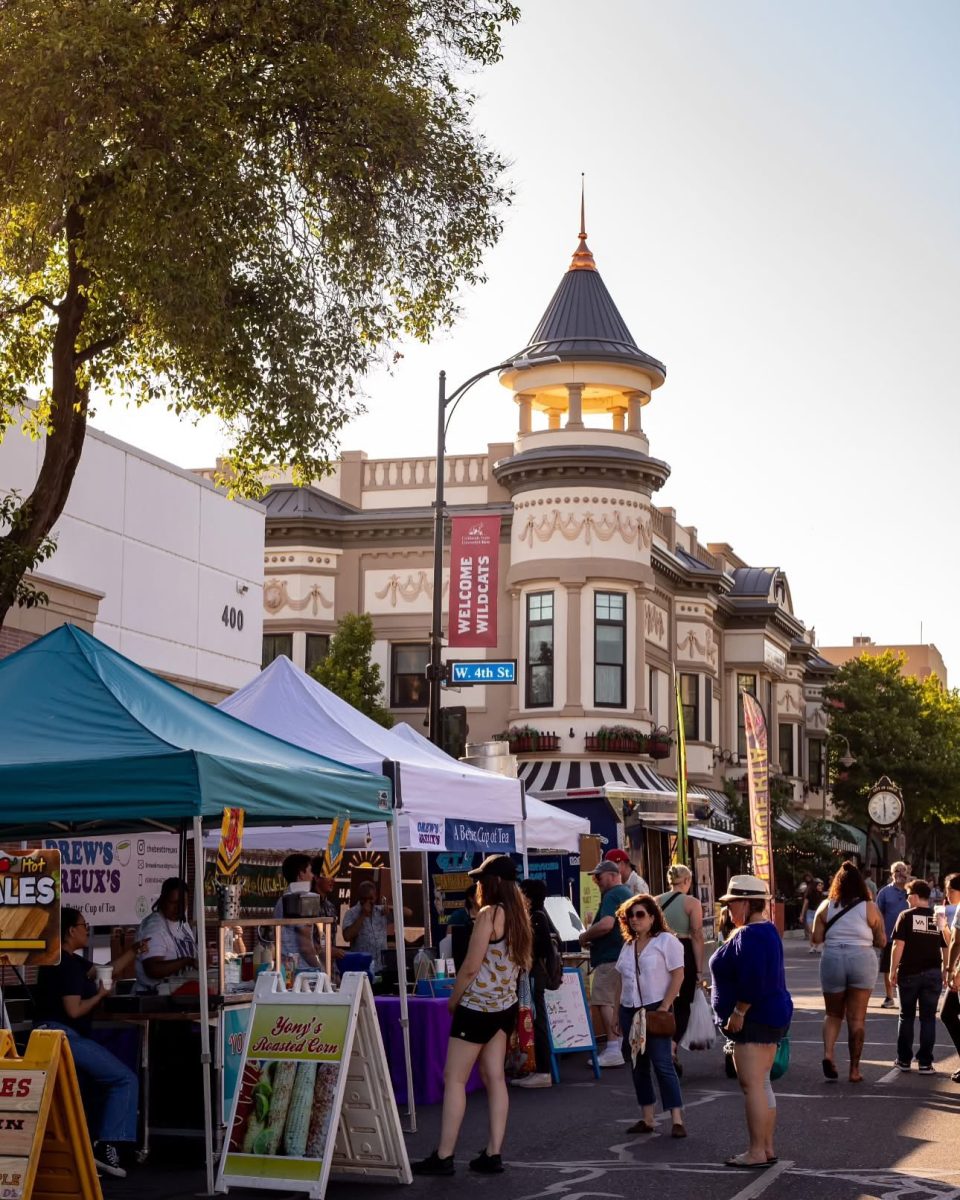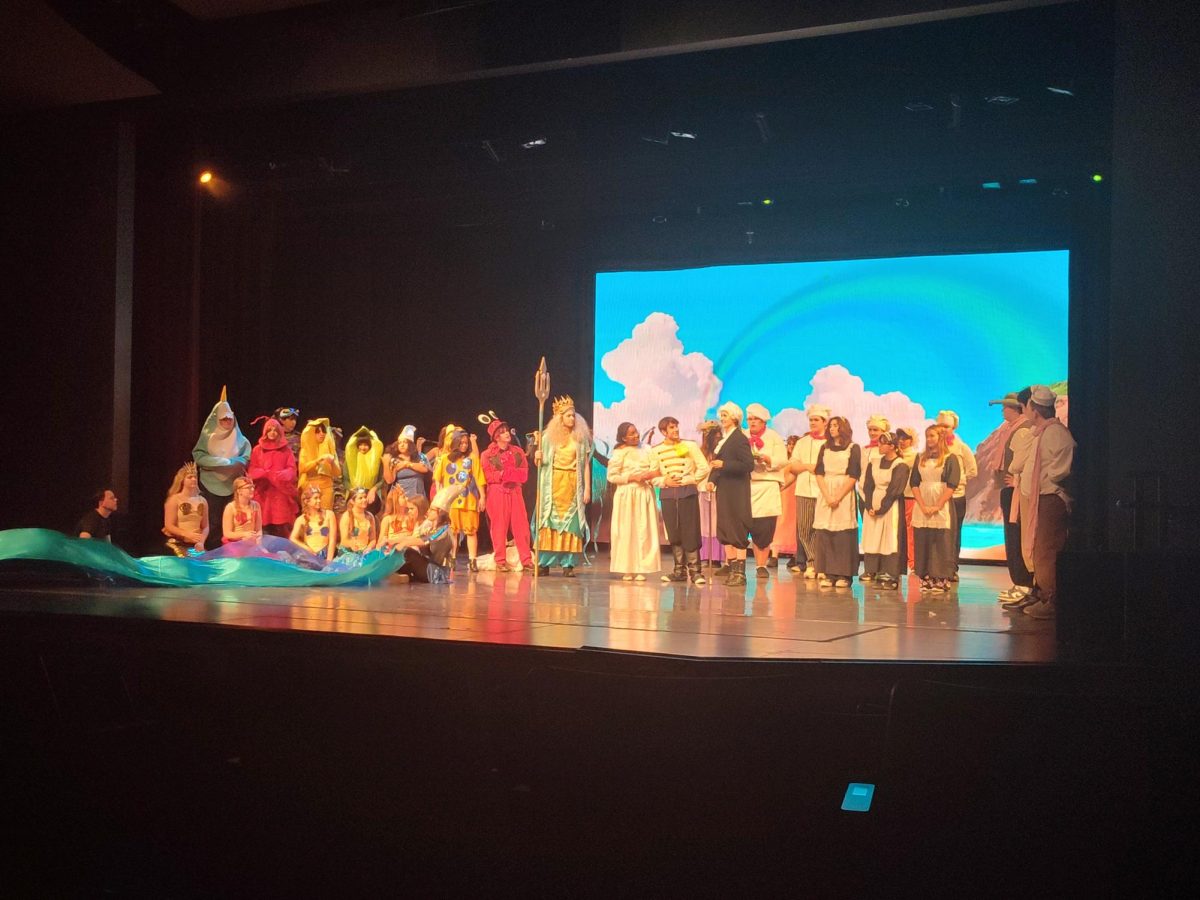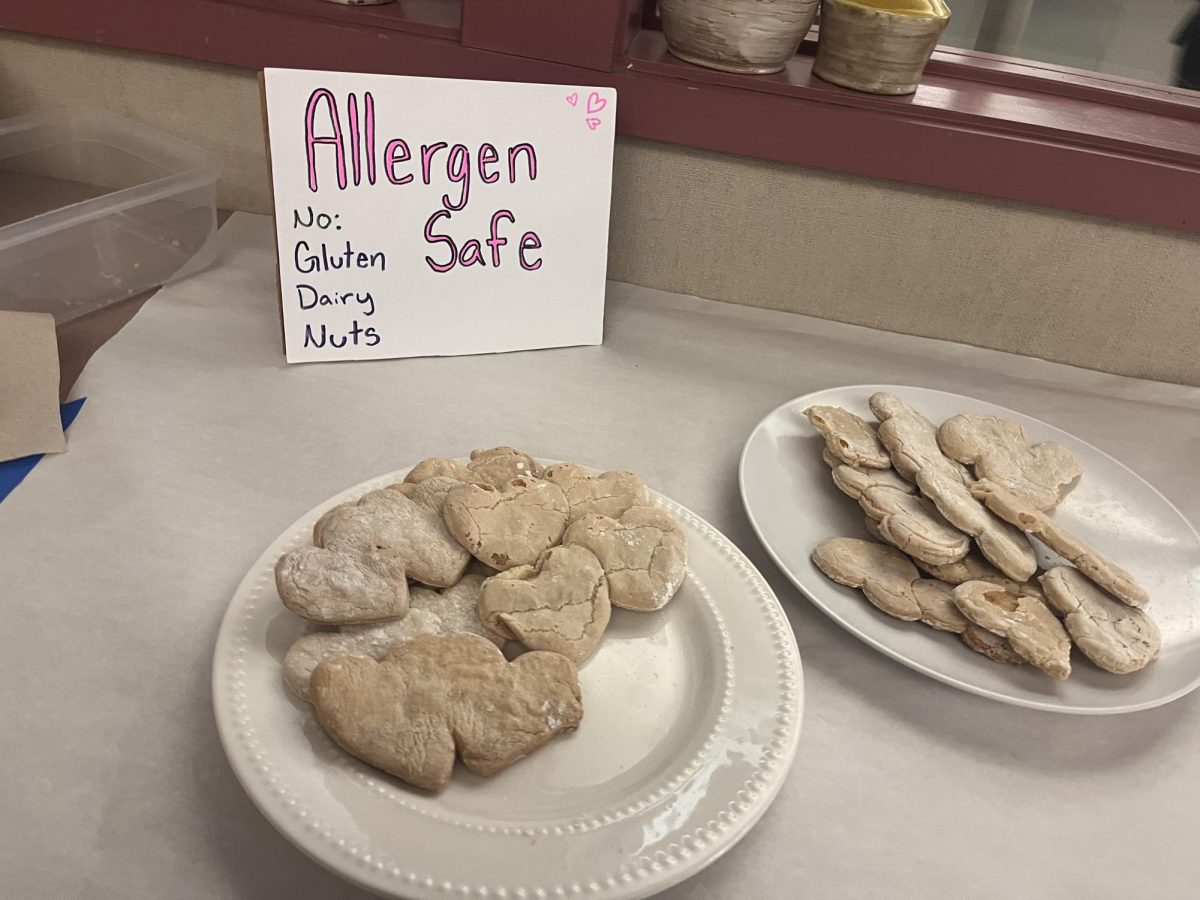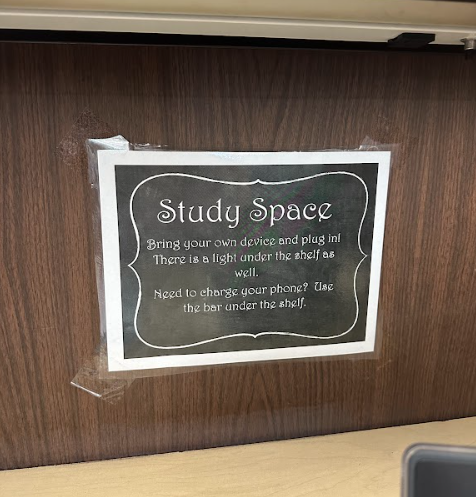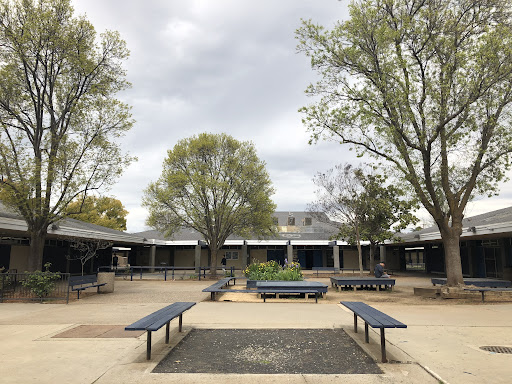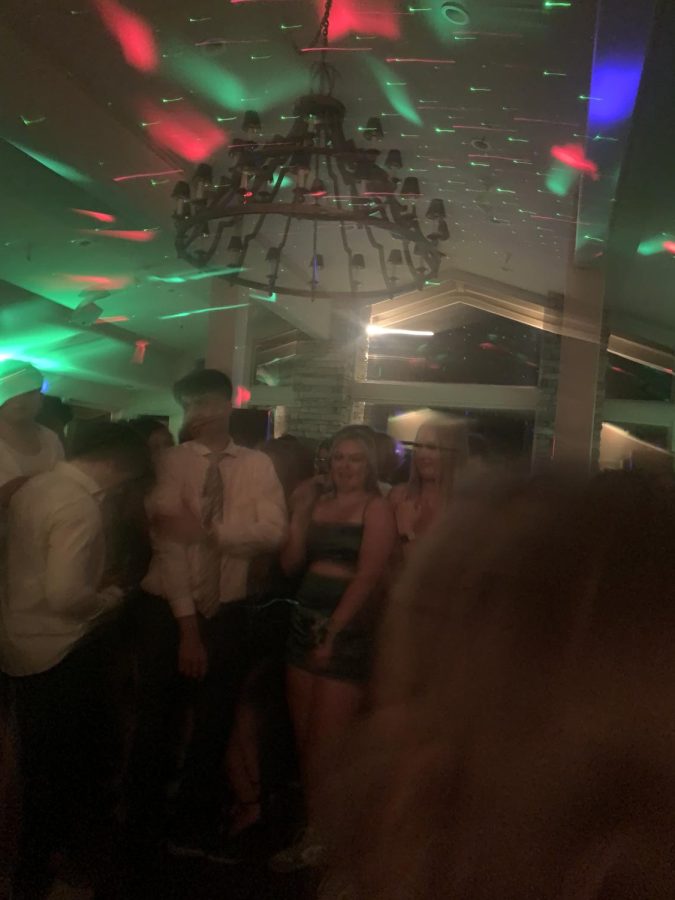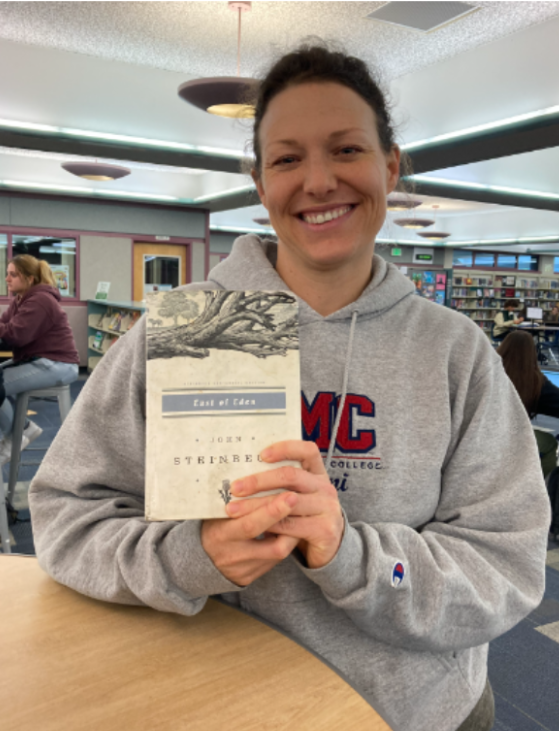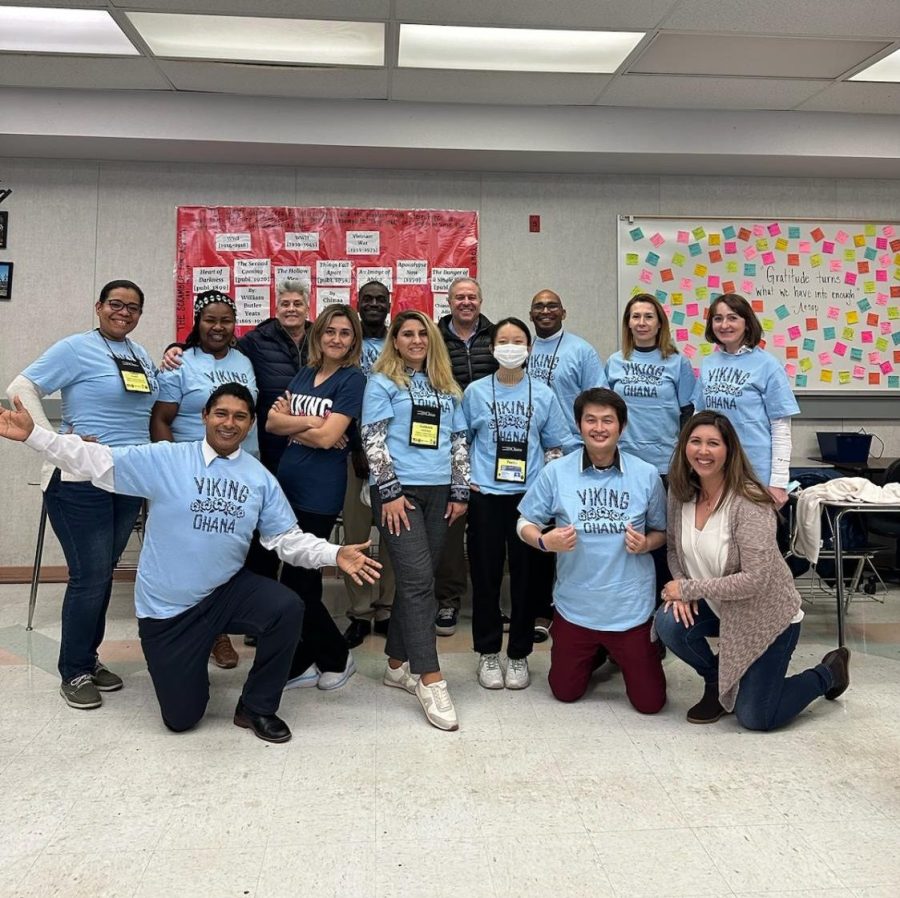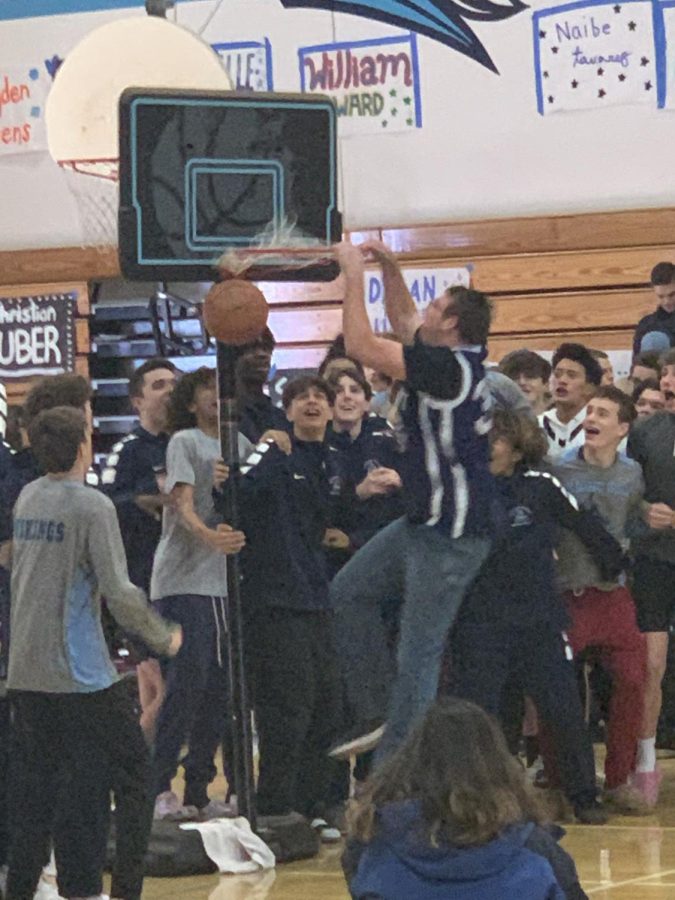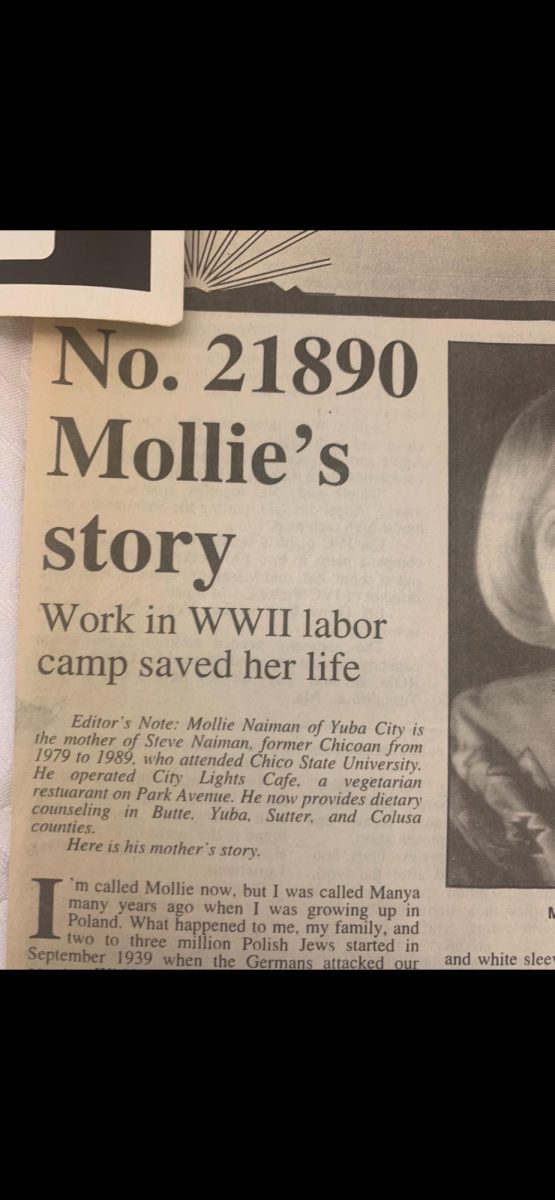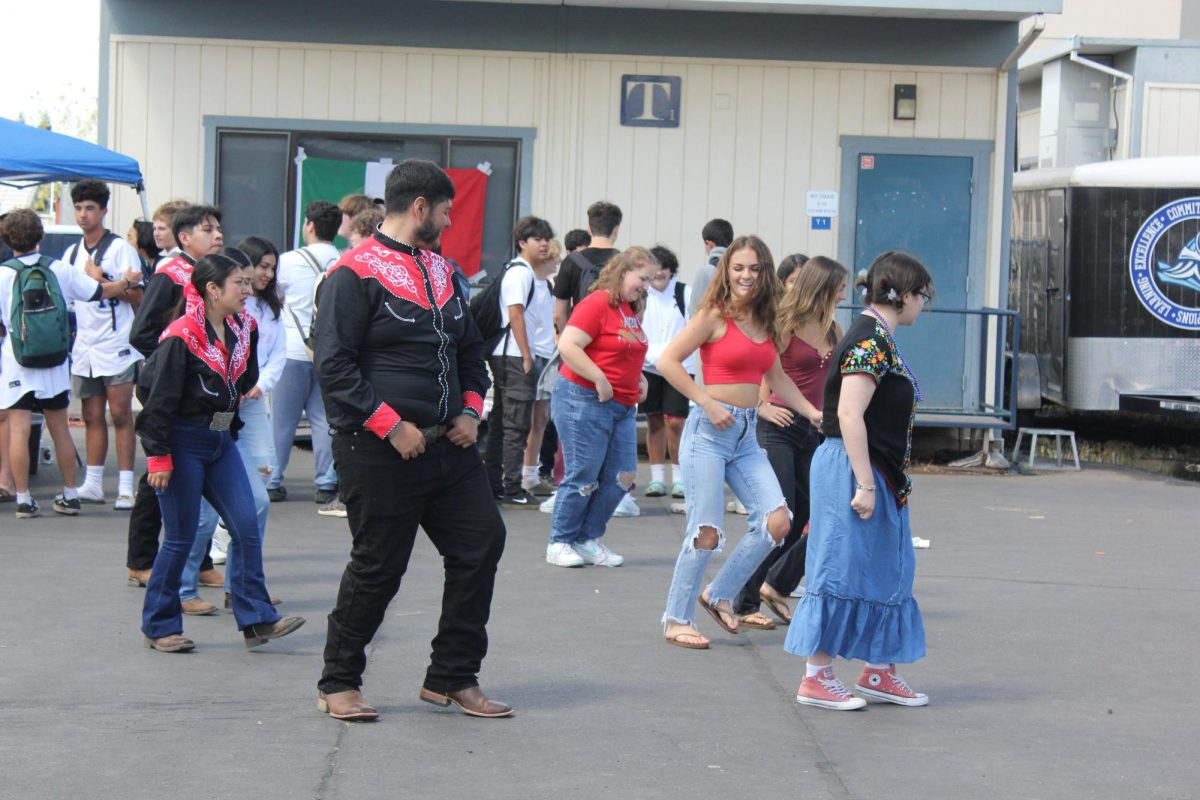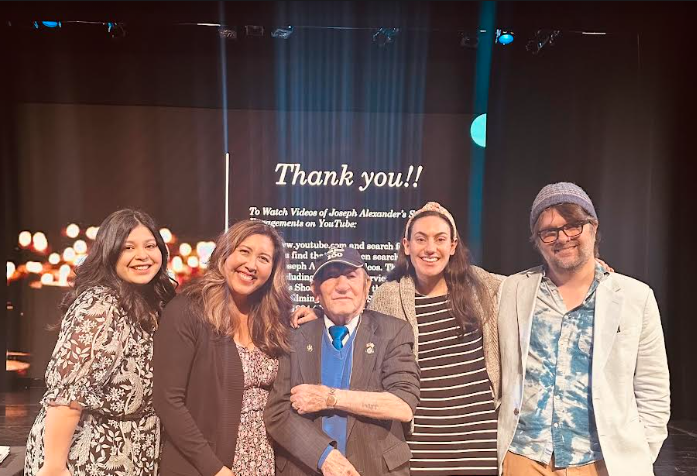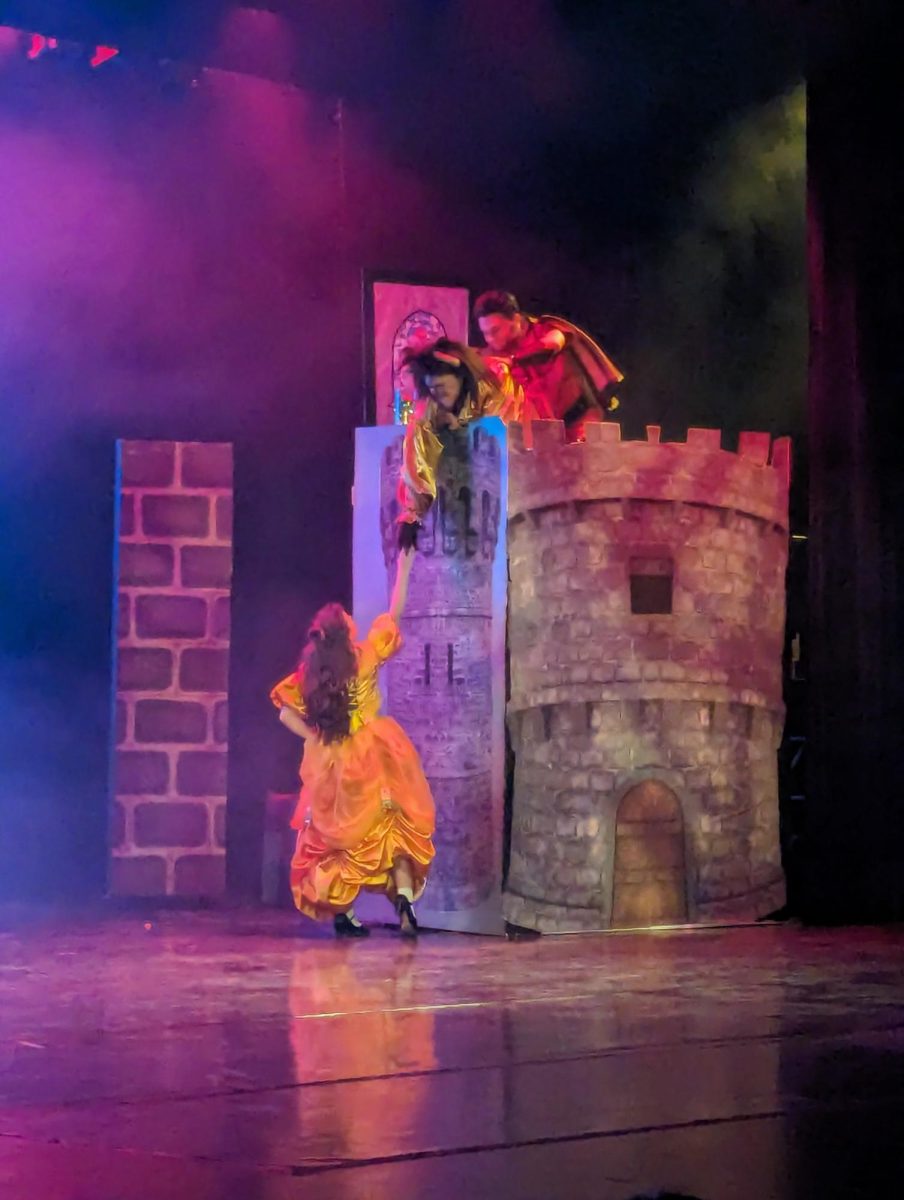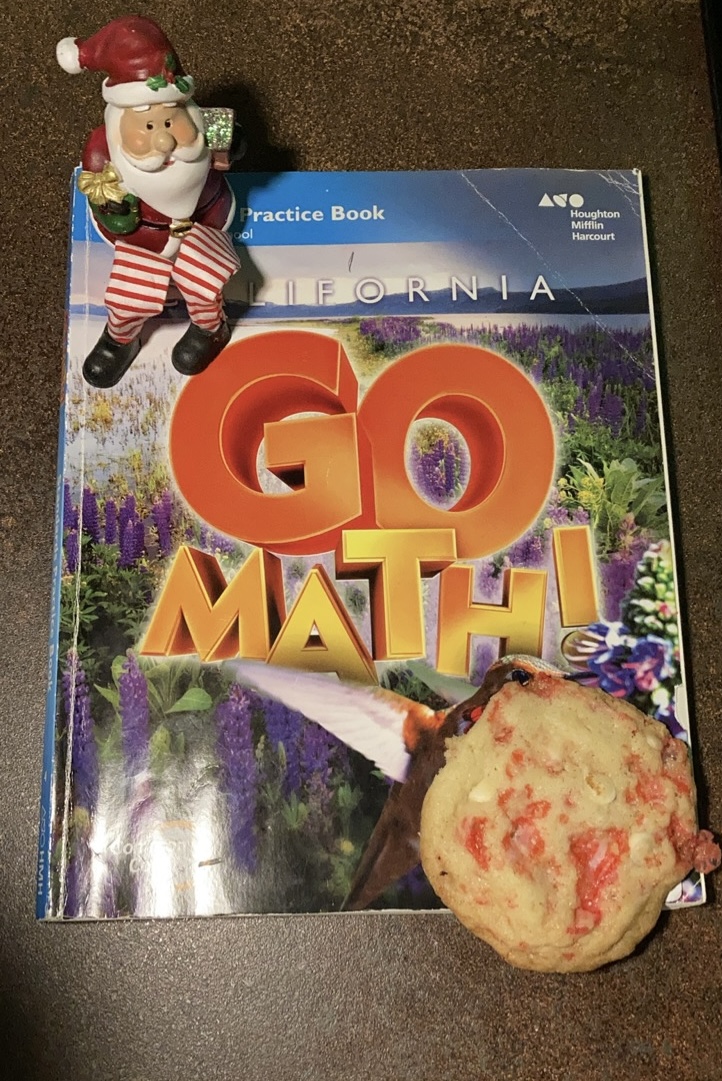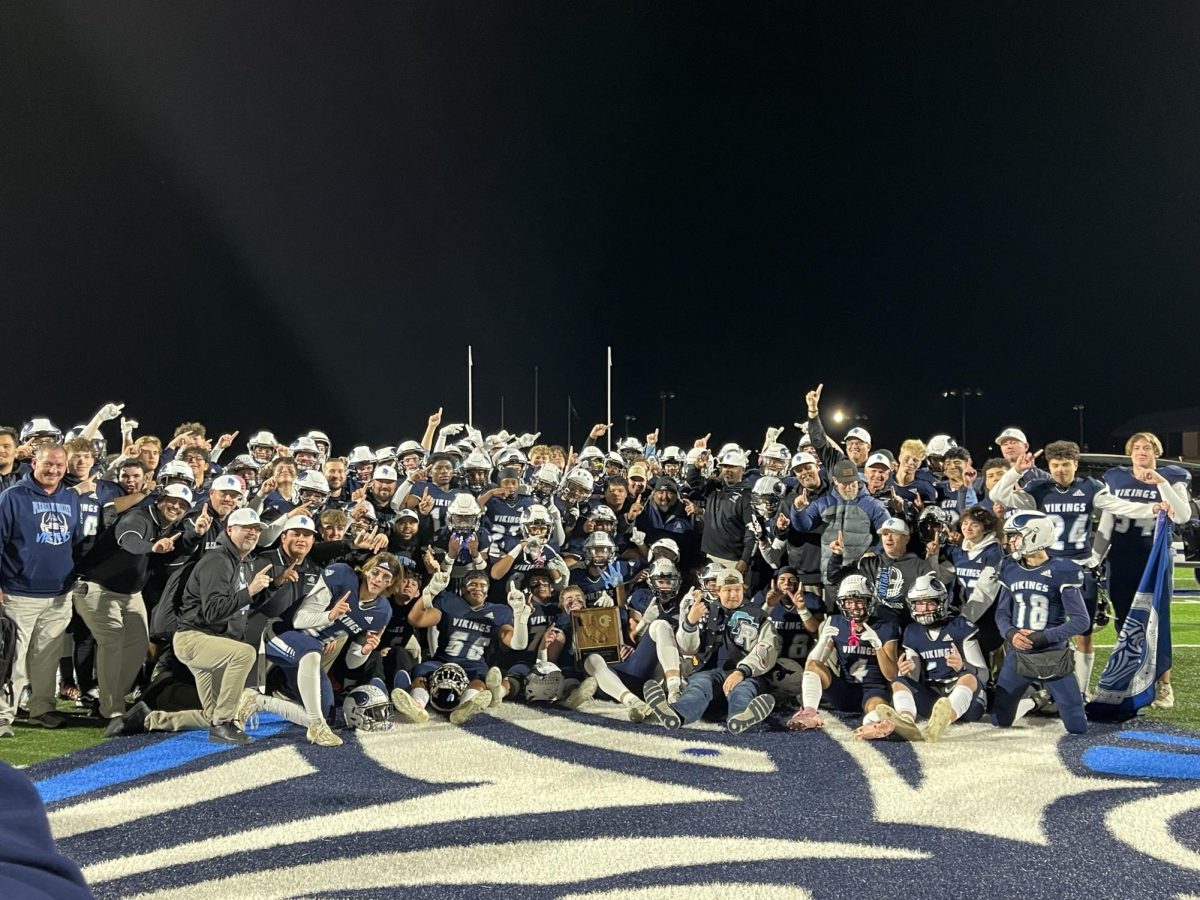On Monday, November 13, PVHS had a guest speaker come to talk about his mothers experience in the Holocaust. The speaker, Steve Naiman, was invited to speak on behalf of the ninth grade honors English Class starting to read a book about the Holocaust. The presentation was really enlightening about how truly cruel the Holocaust was.
Naiman spent about 45 minutes talking about his mothers experience in the World War 2 and the Holocaust. He discussed how no Jews could truly see the horror that was to unfold later. “Other Jews first reaction were that the Germans were good people, they wouldn’t do us any harm.” Naiman stated. He talked about how his grandparents struggled to find and keep jobs due to antisemitisim. In 1940, Jewish officers came to his mothers home with a letter ordering his mothers sister, Rachel, to report to a work camp. “I remember how my mother broke down crying, she didn’t want to be parted with Rachel.” His mother Molly, volunteered to go to a work camp in the place of her sister, not wanting to lose her.
Molly described to her son how horrible the conditions were in the concentration camps. “There were crude wooden beds stacked one on top of another. There was straw for a bed and rags for a blanket.” Molly was forced to work in a factory to make cotton for the soldiers. She was in charge for two “monstrous machines” which were hard to manage. On multiple occasions, there were chances for Molly to unluckily be sent to Auschwitz, one of the most cruel concentration camps. Molly was spared each time, for she was known to be “a strong an good worker”. As time went on, things seemed hopeless for Molly. “It felt impossible to be free.” The cruel treatment didn’t seem to end in these camps for, “The food was scarce and small.”
Molly learned the war was over and that she was free while still in the camp. It was so exciting but so many Jews were lost. It was still a dangerous world, there was still antisemitism towards Jews. and she didn’t know where to go. “After the war once we were liberated, Russians found us temporary housing.” Molly found refuge in small camps with fellow Jews who were freed from the work camps. She found work and started searching for her family. Naiman’s mother was unable to find any of her family members, except one of her brothers later in life. Naiman says, “She [His mother] became very depressed after these events [being unable to find her family].”
Molly eventually started to rebuild her life, she got married, she moved, and she had children. Naiman discussed how his parents were helped by, “Jewish and non- Jewish organizations.” He explained how he would travel with his mom, helping her with her presentations on her time in the Holocaust. He has been continuing to share and present his mothers legacy and story after she passed. Naiman showed the room many photos, newspaper articles, and articles of clothing, that all belonged to or were about his mother.
After the presentation students were told they could ask questions if they had any. One student asked, “Were you and your siblings raised Jewish even after your parents tragic experiences?” And Naiman responded with, yes. He and his siblings were raised and still are practicing Jews.
You could tell many kids were intrigued after this presentation. When asked if she learned anything new from the presentation, freshman Shaylenne Esponde responded with, “I think I got a perspective of what it was like to be in such a harsh situation at such a young age. It made me realize how much more serious the Holocaust was.” Overall, this was such a great opportunity to open the minds of so many students about such a tragic event.

